Columbus Day might not seem to qualify as a weird holiday, but why not take a closer look? Why do we celebrate the second Monday in October every year? How did this become a federal holiday in 1968? A Congressional Research Service report entitled Federal Holidays: Evolution and Application explains:
By commemorating Christopher Columbus’s remarkable voyage, the nation honored the courage and determination of generation after generation of immigrants seeking freedom and opportunity in America….Such a holiday would also provide “an annual reaffirmation by the American people of their faith in the future, a declaration of willingness to face with confidence the imponderables of unknown tomorrows.
 Although that’s a laudable goal, most of us have outgrown the sanitized version of events we learned in school. Can we celebrate the beauty of an idea while acknowledging the ugliness beneath the surface? It’s a complex subject, worthy of impassioned debate. For our purposes, however, let’s lighten the mood and debunk a few myths about Christopher Columbus.
Although that’s a laudable goal, most of us have outgrown the sanitized version of events we learned in school. Can we celebrate the beauty of an idea while acknowledging the ugliness beneath the surface? It’s a complex subject, worthy of impassioned debate. For our purposes, however, let’s lighten the mood and debunk a few myths about Christopher Columbus.
MYTH: Columbus set sail to prove that the world was round.
Roughly 2,000 years before Columbus’s voyage, Aristotle showed the earth’s spherical nature by pointing out the curved shadow it casts on the moon. By Columbus’s time, virtually all educated people believed that the earth was not flat.
Columbus was a self-taught man who greatly underestimated the Earth’s circumference. He also thought Europe was wider than it was and that Japan was farther from the coast of China than it was. He believed he could reach Asia by sailing west, a concept considered foolish by many—not because the Earth was flat, but because Columbus’s math was so wrong. Columbus essentially got lucky by bumping into land that, of course, wasn’t Asia.
The flat-earth myth may have originated with Washington Irving’s 1828 biography of Columbus; there’s no evidence of it prior to the book’s publication. His crew wasn’t scared of falling off the Earth. Irving’s romanticized version, however, portrayed Columbus as an enlightened hero who overcame myth and superstition, and that is what became enshrined in history.
MYTH: Columbus discovered America in 1492.
The first Native Americans likely arrived in North America via a land bridge across the Bering Sound during the last ice age, roughly 20,000 to 30,000 years ago. When Europeans arrived, there were approximately 10 million Native Americans in the area north of present-day Mexico.
If Columbus discovered America, he didn’t know it. For the rest of his life, he claimed to have landed in Asia, even though most navigators knew he hadn’t.
What Columbus “discovered” was the Bahamian archipelago and then the island that now comprises Haiti and the Dominican Republic. On subsequent voyages, he went farther south, to Central and South America. He never got close to what is now called the United States.
MYTH: Columbus did nothing of significance.
While Columbus was wrong about many things, he contributed to knowledge about trade winds, specifically the lower-latitude easterlies that blow toward the Caribbean and the higher-latitude westerlies that can blow a ship back to Western Europe. His voyages initiated the European pilgrimage to both North and South America.
News of his landing’s success spread like wildfire, setting the stage for an era of European conquest. We can argue whether that was good or bad for humanity—that is, the spread of Christianity, rise of modernism, exploitation and annihilation of native cultures, and so on. But it’s hard to deny Columbus’s direct role in quickly and radically changing the world.
Sources:
CRS Report for Congress – senate.gov
Top 5 Misconceptions about Columbus – livescience.com
American Myths: Christopher Columbus – teachinghistory.org

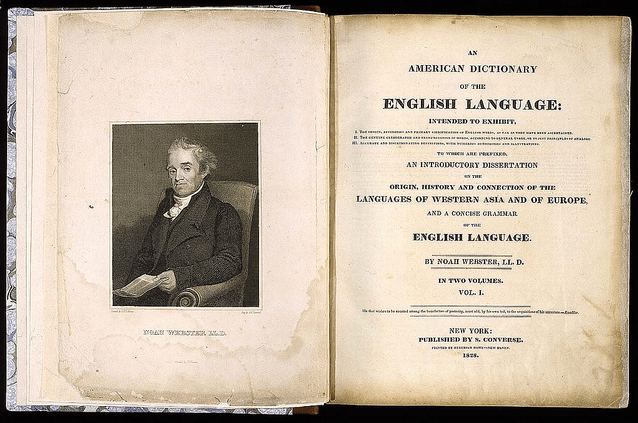
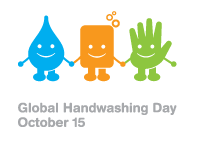 Global Handwashing Day was founded in 2008 by the
Global Handwashing Day was founded in 2008 by the 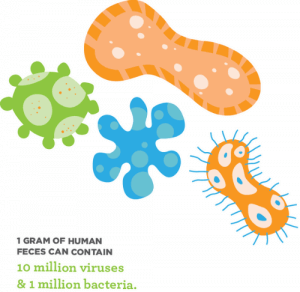
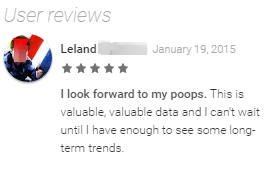 Leland, we wish you the best in your turd analysis. Perhaps the
Leland, we wish you the best in your turd analysis. Perhaps the 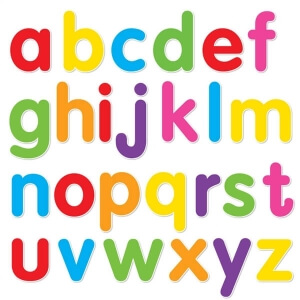 While English majors past, present, and future may grind their teeth in frustration, freewheeling texters will love today’s holiday: national lowercase day! This is the day to turn your back on the rules of capitalization if you were ever facing them at all.
While English majors past, present, and future may grind their teeth in frustration, freewheeling texters will love today’s holiday: national lowercase day! This is the day to turn your back on the rules of capitalization if you were ever facing them at all. Although that’s a laudable goal, most of us have outgrown the sanitized version of events we learned in school. Can we celebrate the beauty of an idea while acknowledging the ugliness beneath the surface? It’s a complex subject, worthy of impassioned debate. For our purposes, however, let’s lighten the mood and debunk a few myths about Christopher Columbus.
Although that’s a laudable goal, most of us have outgrown the sanitized version of events we learned in school. Can we celebrate the beauty of an idea while acknowledging the ugliness beneath the surface? It’s a complex subject, worthy of impassioned debate. For our purposes, however, let’s lighten the mood and debunk a few myths about Christopher Columbus.